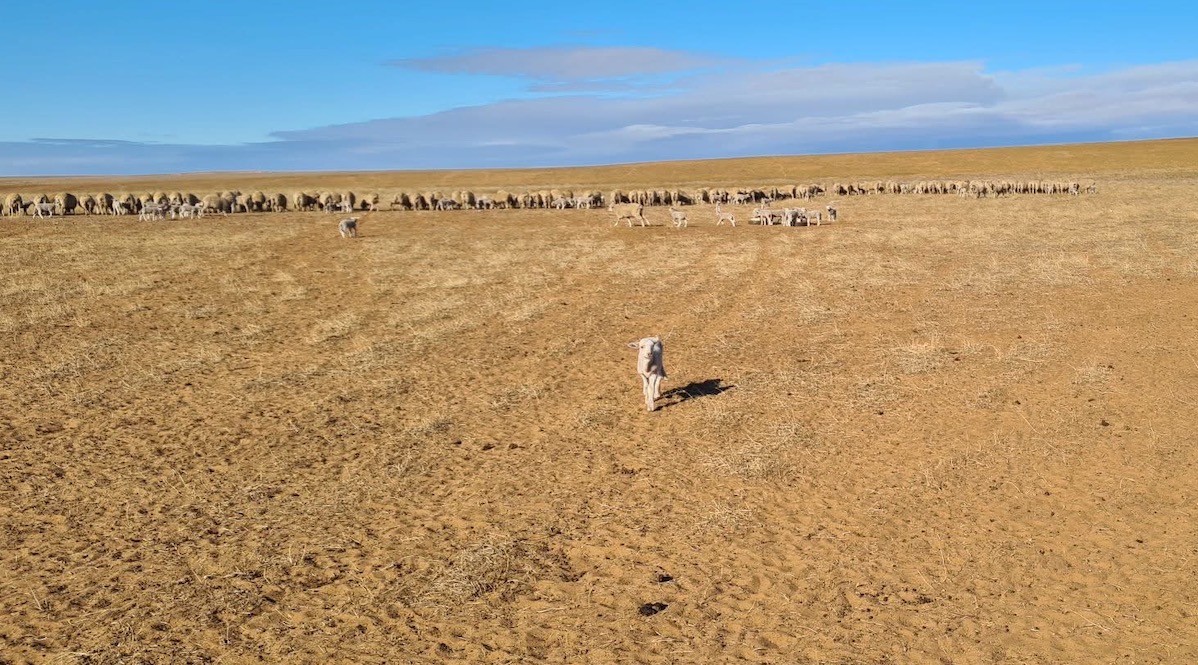Ovarian Cancer is a silent killer – waiting for the symptoms is too late
Nearly 15 years ago I lost my mum to the insidious disease that is Ovarian Cancer. She was just 67 years old when she died and had lived with Ovarian Cancer for five years. One of the “lucky ones” for having survived five years, we were told at the time. Not so lucky from where I sat.
Each day in Australia, five women will be diagnosed with Ovarian Cancer and three of them will die.
Over 1800 women are diagnosed each year and 1000 of those won’t make it. The odds are rotten.
Seventy percent of women are often diagnosed in the later stages and 70 percent will also experience a recurrence of the disease within 5 years.
Unlike other cancers like breast or cervical, there is no early detection test. Ovarian Cancer is sneaky – it’s like a snake in the grass. You can’t feel anything, see a lump, or a rash and there is no blood test. Despite what some women think, Pap Smears do not test for it. The only way to diagnose ovarian cancer is an invasive and expensive ultrasound.
This has been the same story and the same statistics since my mum was diagnosed 20 years ago.
How can this be? Why haven’t we seen significant changes in the prevention of Ovarian Cancer? Where is the detection test?
Although there have been advances in research for effective treatment, the technology for early diagnosis doesn’t exist. If caught early and before the disease spreads, it’s estimated that 90 percent of women can be cured.
The key problem for early diagnosis leading to better outcomes is that symptoms for ovarian cancer are vague, so it’s often difficult to pick up. Some symptoms include bloating, needing to urinate often or urgently, changes in bowel habits, excessive fatigue, and lower back pain.
Sounds like last Wednesday to me.
This is why it’s a silent killer. Women like my mum put their symptoms down to being female. She almost peed her pants a few times. Who hasn’t? She was tired. Isn’t everyone? She had a couple of other vague symptoms but she was busy, running a business and a home, and thrilled to be the nanna of a gorgeous little grandson. “It will settle down”, she thought.
It was when her friend encouraged her to go to the Doctor that life would never be the same again.
Stage 3 ovarian cancer. She was 62 years old.
A radical hysterectomy, multiple brutal chemotherapies, hair loss, nausea, weakness, a business sold, and retirement years ruined. A husband so dedicated his life froze to care for her. Grandchildren grew up without her and some she never met, a great-granddaughter and son-in-law too. Road trips never taken, sunsets not seen, a mother’s love gone.
Don’t let ovarian cancer steal your future or that of the women you love and care about. Talk about it, and make each other aware. Know the symptoms and don’t ignore your body. If any vague symptoms persist, get yourself to your GP and demand a screening and test for ovarian cancer. Sure, it’s a bit uncomfortable and a little expensive, but aren’t you worth it?
February is Ovarian Cancer Awareness Month. For more information about the disease and to donate, click here.
The annual Giving Day will take place on Wednesday 28th February and every dollar donated will be matched to ensure the continuation of vital support programs.











